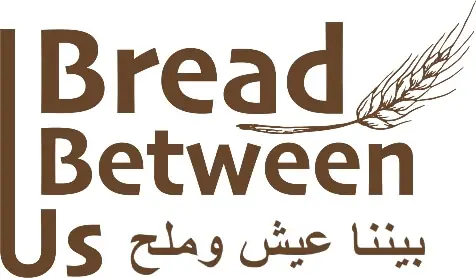Madinah safeguards an extraordinary heritage of aromatic plants and indigenous herbs that have evolved over millennia to adapt perfectly to the desert climate of the Arabian Peninsula. Among the most distinctive aromatic herbs of the region are several varieties of mint (including the renowned doosh mint), thyme, sage, rosemary, and coriander, all characterised by intense organoleptic properties resulting from the extreme climatic conditions that concentrate their essential oils.
History of the City’s Bread and its Cultural significance
The local gastronomic tradition has masterfully incorporated herbs like mint (mint tea represents a daily tradition), coriander, and spices like pepper, saffron, cloves, and cardamom into the regional cuisine. Spices and aromatic plants play a predominant role in food preparation, with recipes passed down through generations, preserving ancient culinary techniques. Local honey is traditionally used alongside medicinal herbs such as henna, chamomile, and hbaq (a local variety of basil) for therapeutic preparations. Today, these traditions continue to flourish in local markets, where fresh spices, aromatic herbs, and traditional preparations maintain the ancestral knowledge of Arab herbalism.
Immerse Yourself in the History and Traditions of Saudi Bread on the Heri-Telling Platform
Click “Find Out More” on preview tabs to immerse yourself in the fascinating stories, traditions, and flavors of the unique breads from Madinah. You will be redirect on the Creative Knowledge Platform, the project’s heri-telling platform, where farmers, millers, and bakers share their heritage and passion through captivating images, videos, and stories.
People

Products

Places

